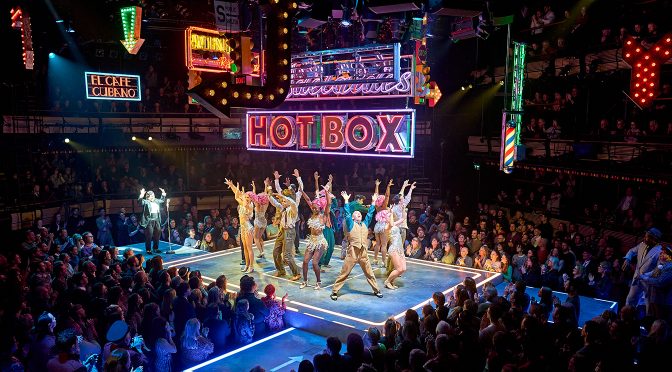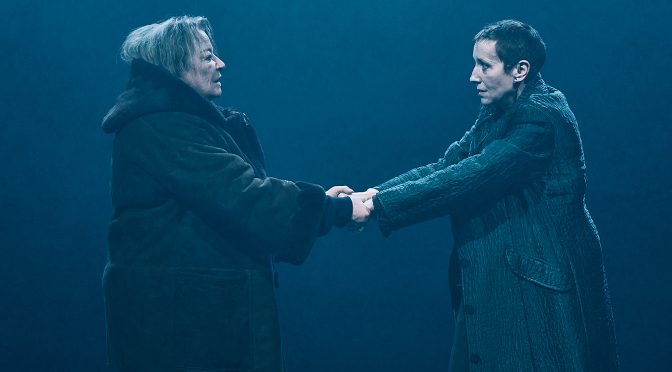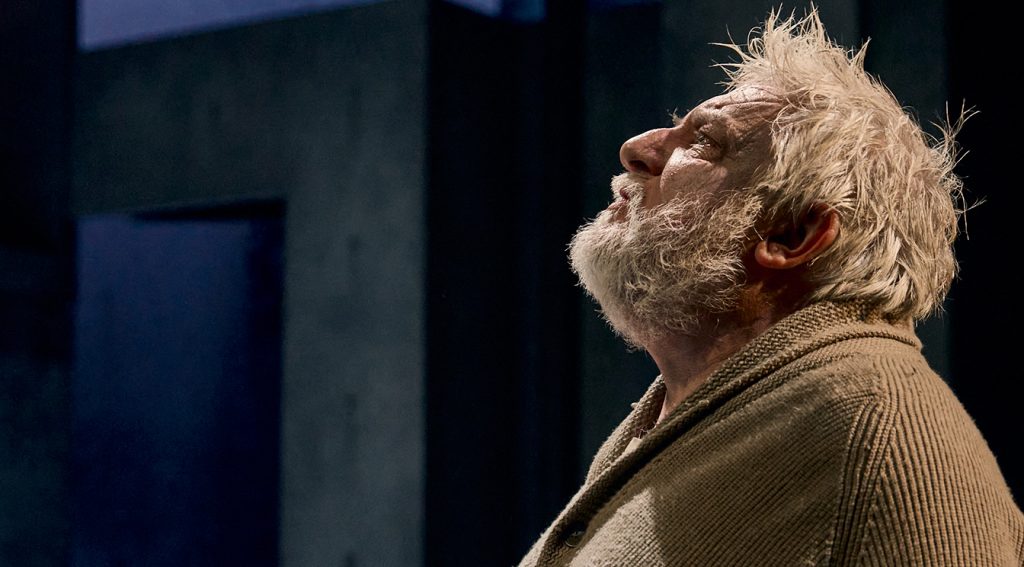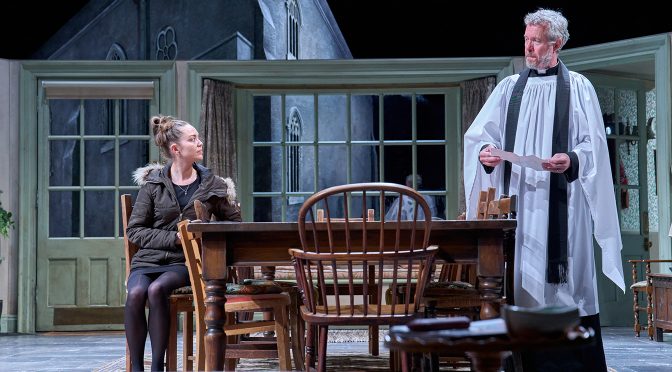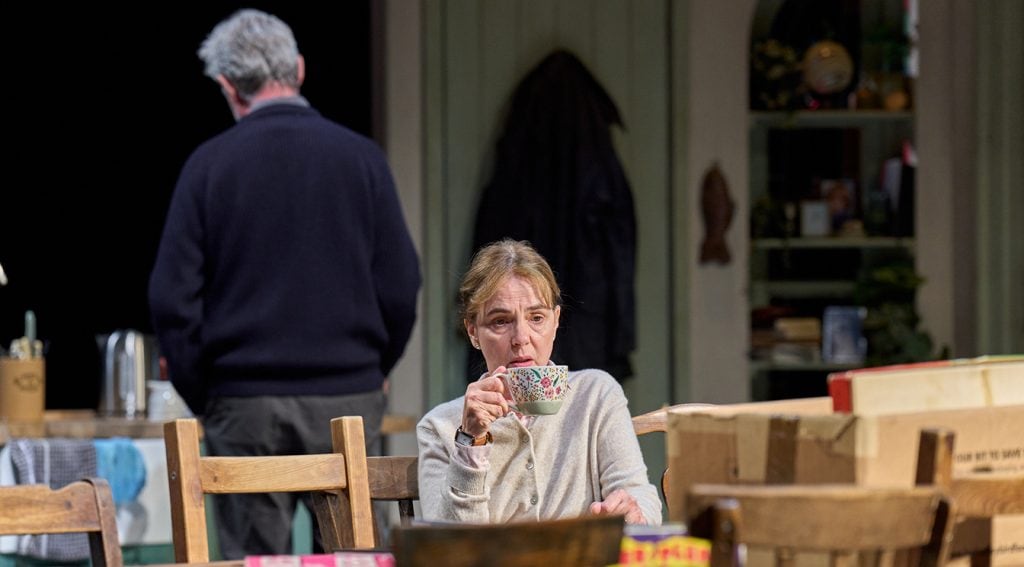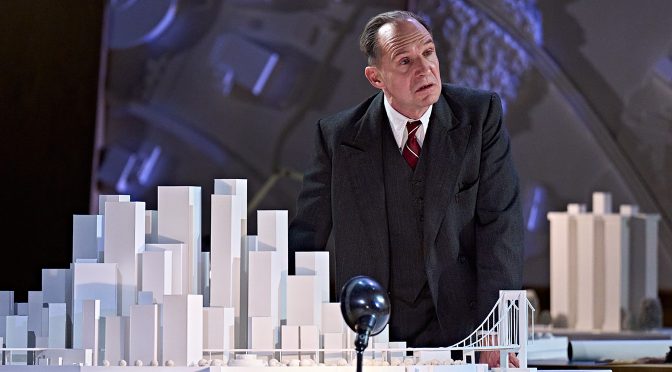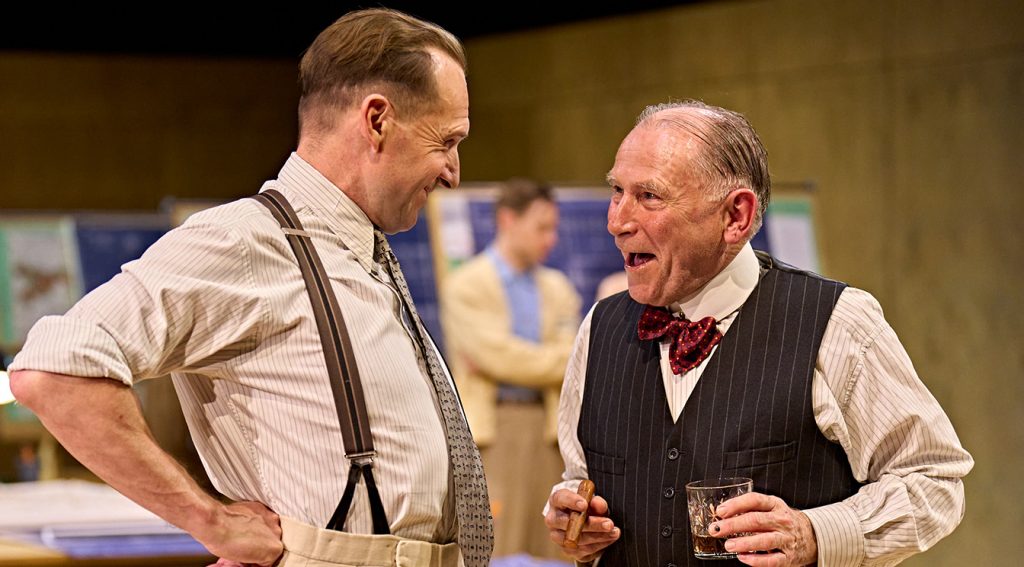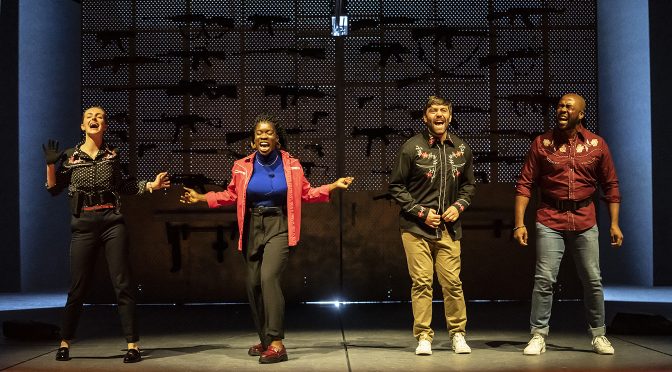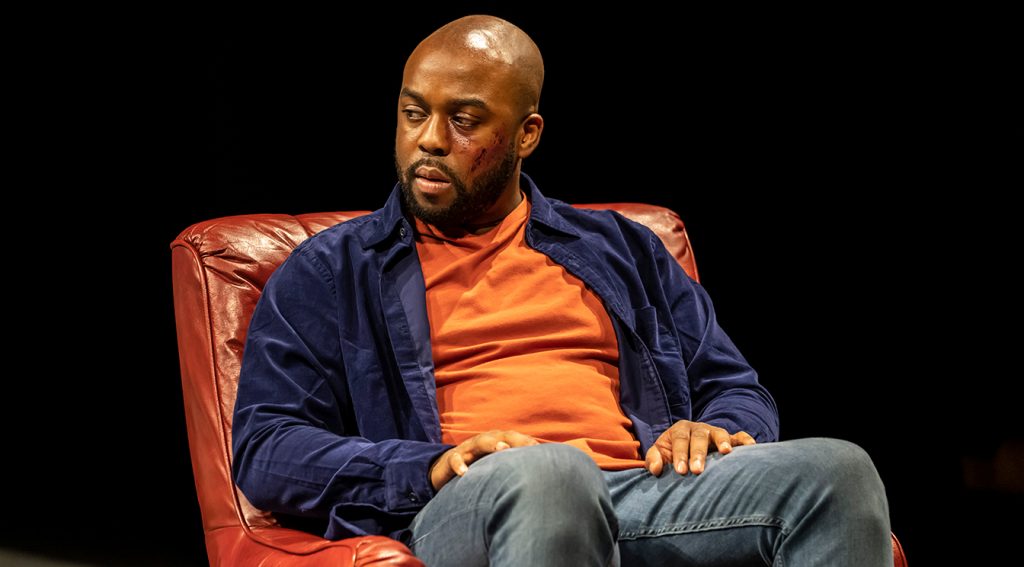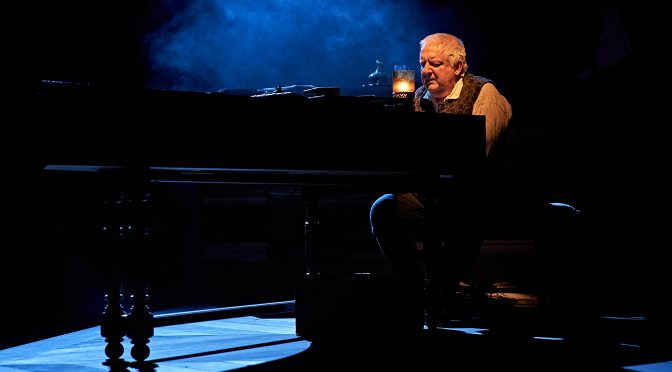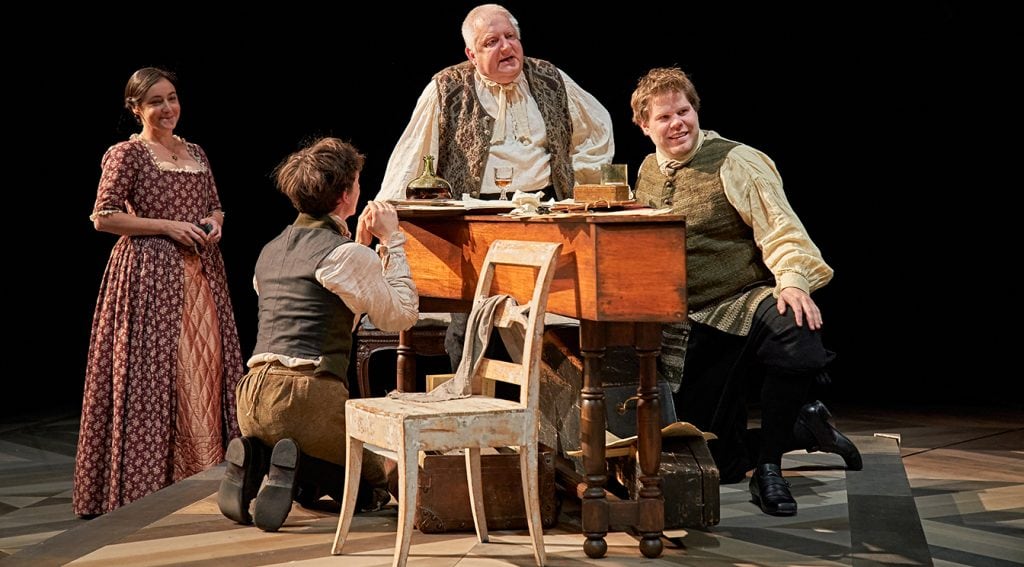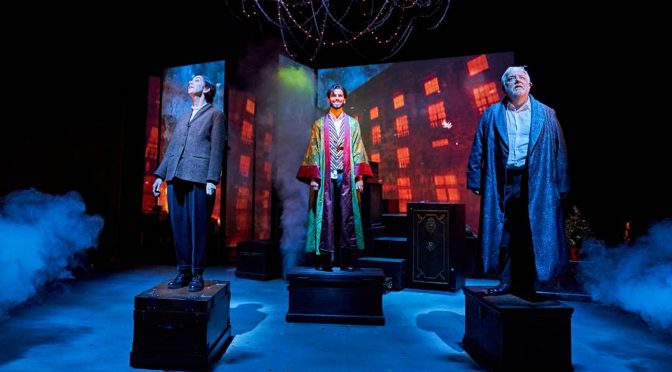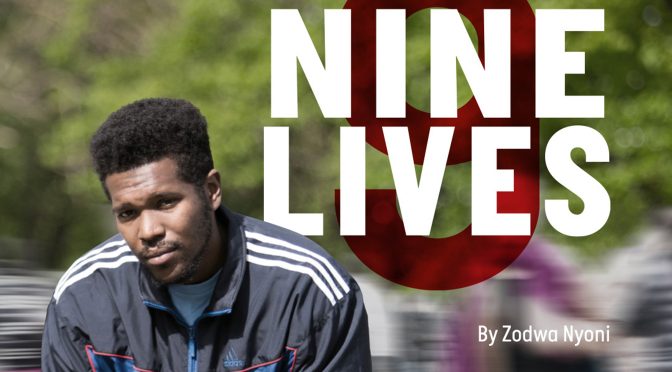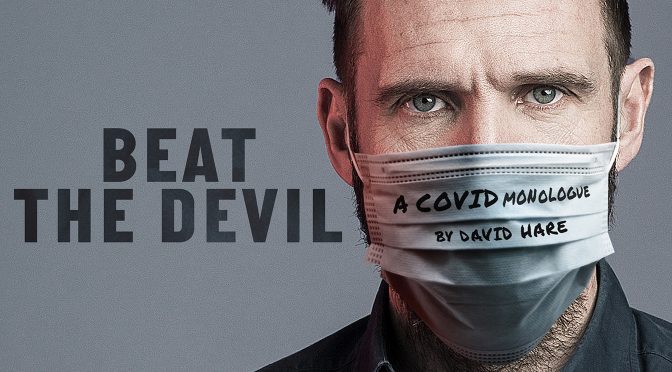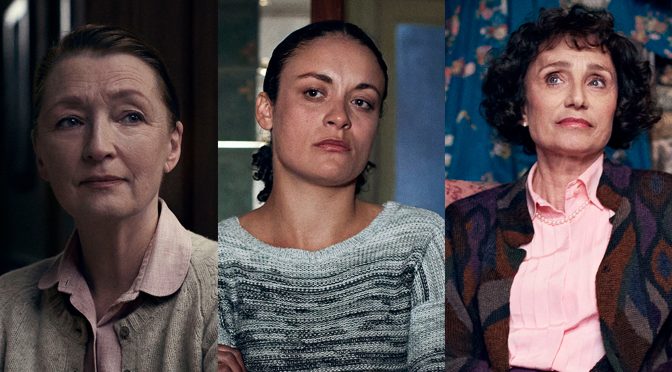Nicholas Hytner brings immersive theatre to a musical in this superb revival of Frank Loesser’s classic Broadway ‘fable’. The Bridge has seen its audience in the thick of the action before (for productions of Julius Caesar and A Midsummer Night’s Dream), but a song and dance show is different and Hytner’s approach makes this lives-and-loves story about 1930s gamblers extra special.
If you choose a ticket in the pit, you are standing – and moved around a lot as stages rise and fall and props are brought in from all directions. Characters searching for a craps game push past you and a soul-saving Salvation Army mission parts the crowd. A group of ushers dressed as New York cops handles the audience and deserves a special mention. The atmosphere is fantastic. Get in early and don’t leave during the interval.
Apart from tiny fringe venues, you couldn’t be closer to it all… which is not to say it is for everyone. Although choreographers Arlene Phillips and James Cousins do a brilliant job, considering the space available, and the cast makes every effort, you might miss a big dance number in the show.
Standing is enormous fun, but also distracting, as you have to move during the songs. And this is singing you really don’t want to miss. Because the big thrill with the production isn’t this immersive approach so much as how fantastic it all sounds and how funny it all is.
Andrew Richardson and Celinde Schoenmaker make a swoon-worthy couple as Sky Masterson and Sarah Brown. The production doesn’t hold back with romance, embracing a period feel that would be pointless to ignore (it really is terribly old fashioned!).
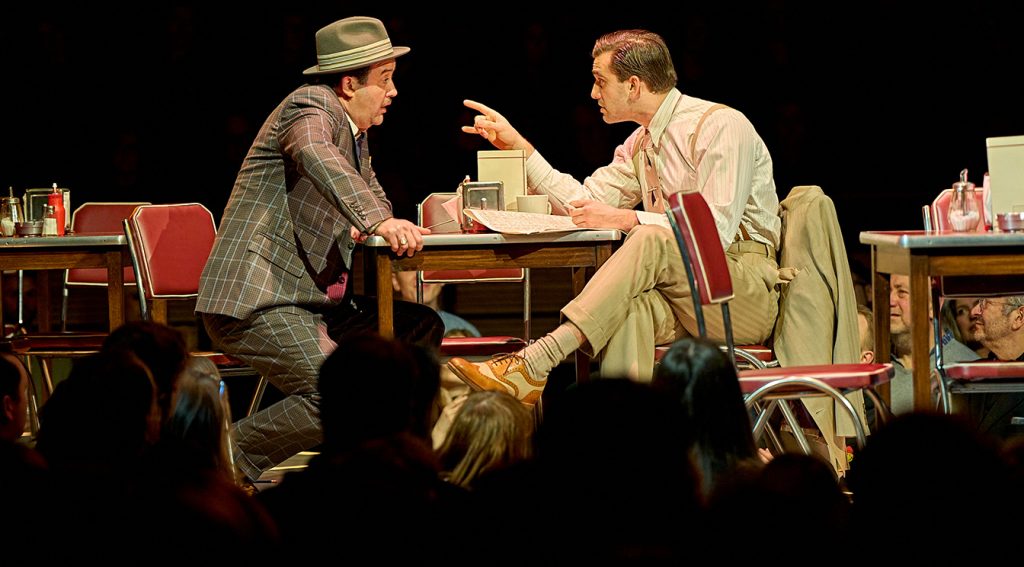
Daniel Mays seems born to play Nathan Detroit, making the most out of every gag. The jokes in Jo Swerling and Abe Burrows’ book hold up very well indeed. But, just as impressive, I’ll admit I had a tear in my eye when Mays sang Sue Me.
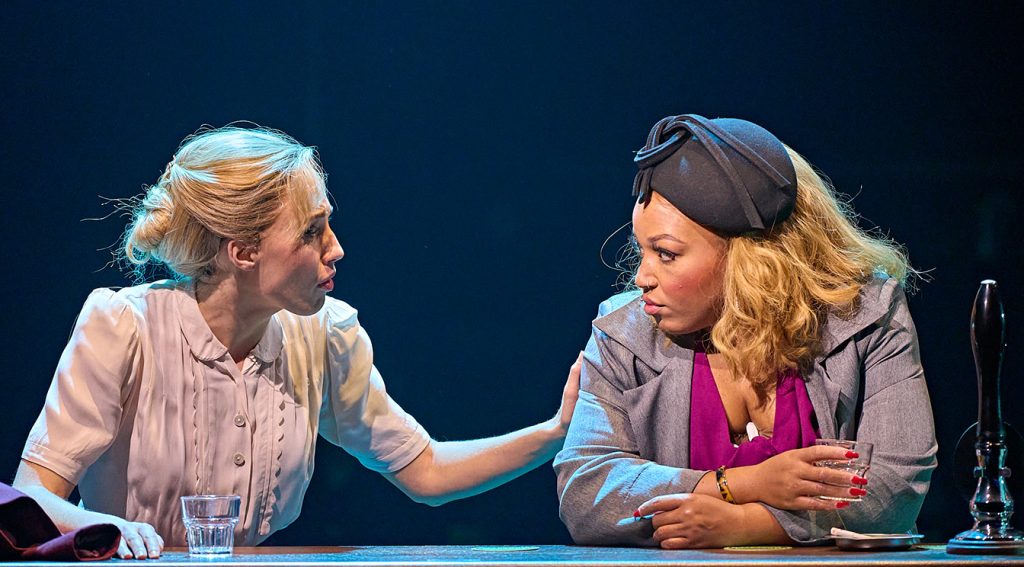
As for Detroit’s long-suffering fiancée, Marisha Wallace’s performance cannot be praised enough. Her Adelaide’s Lament is hilarious, and she convinces as the star of the Hot Box Club with a stunning rendition of Take Back Your Mink.
The show’s lovers are sweet. But there are strong supporting performances that open up the performance and reveal how fresh Hytner’s approach is. Cedric Neal’s Nicely-Nicely Johnson’s crowd pleasing Sit Down, You’re Rockin’ the Boat is as excellent as ever. But note how many of his scenes are accompanied by the excellent Mark Oxtoby as Benny Southstreet – the characters have a strong relationship. And the friendship between Adelaide and Sarah is also a highlight. Both performers are good stage drunks and Marry The Man Today is turned into a highlight.
Bringing out the strengths of the book is a smart idea. Hytner takes every opportunity to flesh out the characters and, with such a stunning cast, the result is spectacular. Getting up close and personal is great, but seeing this show – full stop – is the important thing.
Until 24 February 2024
Photos by Manuel Harlan

